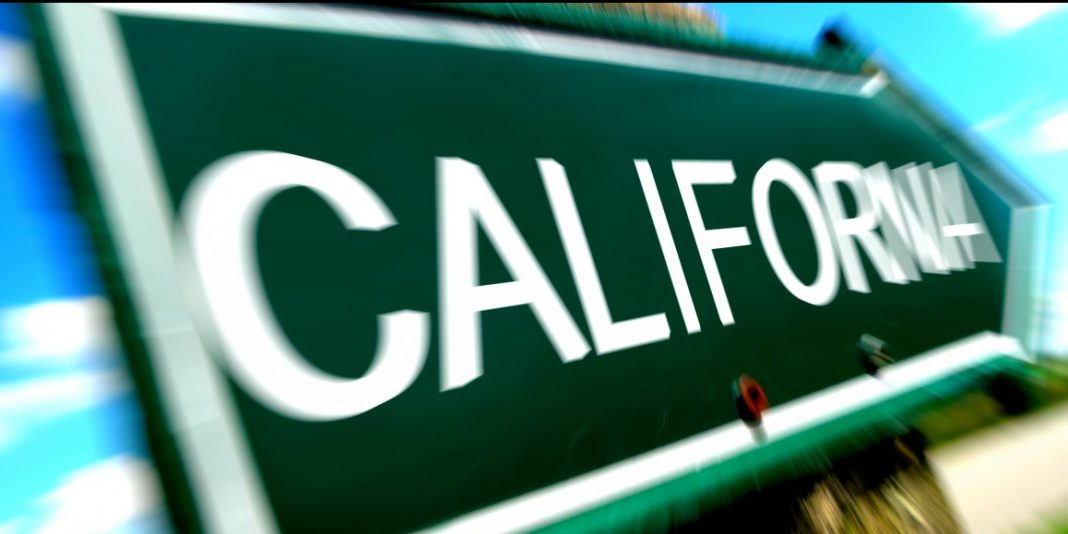A coalition of Native American Tribes from California has filed a proposed constitutional amendment for the November 2020 statewide ballot that will allow Californians to participate in limited sports wagering at authorized locations, including Indian gaming casinos and licensed racetracks.
The California Sports Wagering Regulation and Unlawful Gambling Enforcement Act sets out a list of safeguards, ostensibly aimed at protecting consumers, but makes no reference to allowing mobile sports betting.
Crucially, but unsurprisingly, the Act would permit limited sports wagering only at Indian gaming casinos and licensed racetracks, leaving the state’s card rooms out in the cold. Marketing and advertising of sports wagering to minors would be prohibited and betting would be limited to lawful professional, college, or amateur sport or athletic events.
Wagering on any high school sports or athletic events and prohibiting wagering on sports events in which any California college team participates is not included.
Public safety has also been incorporated into the Act with measures to strengthen the enforcement of California’s current gambling laws to allow Californians to hold unlawful gambling operations accountable through Private Attorneys General Act provisions.
In terms of tax, the coalition proposes a 10% levy on gross gaming revenues derived from sports wagering for public safety, mental health programs, education, and regulatory costs. Fines collected from unlawful gambling operations under this measure will be directed into the California Sports Wagering Fund.
“Californians should have the choice to participate in sports wagering at highly regulated, safe, and experienced gaming locations,” said Tribal Chairman Mark Macarro of the Pechanga Band of Luiseño Indians. “We are very proud to see tribes from across California come together for this effort, which represents an incremental but important step toward giving Californians the freedom to participate in this new activity in a responsible manner.”
“We have historically been opposed to the expansion of gaming in California beyond the current scope,” said Tribal Chairman Anthony Roberts of the Yocha Dehe Wintun Nation. “This initiative represents a viable and measured path that provides Californians with the opportunity to wager on sports in a manner that is responsible and provides for real enforcement penalties for unlawful gambling in the state.”
“This well-designed measure ensures responsible sports wagering by introducing important safeguards that protect consumers. For example, it requires people to be physically present when placing bets, forbids marketing of sports wagering to minors under 21, and prohibits wagering on high school games and college games with California teams,” said Tribal Chairman Cody Martinez of the Sycuan Band of the Kumeyaay Nation.
“The tribally sponsored initiative filed today to amend California’s Constitution so as to authorize and regulate sports wagering is the best example of well-written and responsible sports betting policy presented to date,” said Steve Stallings, Chairman of the California Nations Indian Gaming Association. “A strong, well-regulated gaming industry is of utmost importance to California’s tribal governments and the public. This initiative allows sports wagering in a responsible manner and provides for transparency and strict regulation.”
Commentary: California is the sleeping giant when it comes to legal sports betting in the US. With 69 tribal casinos currently operating there the prospect of building a sports betting leviathan is mouth-watering. But reading between the lines, the overwhelming feeling is that the tribes are moving toward sports betting more by necessity than an outright drive to embrace it wholeheartedly.
With more states going legal, they know full well that the arrival of sports betting in California is more about ‘when’, not ‘if’ it will happen. And they will want to manage that in a way that doesn’t compromise their exclusive market position. Why wouldn’t they?
By way of example, the lack of any reference to mobile in their proposed legislation suggests this is one cake that won’t be willingly shared out any time soon, a factor that won’t have been lost on the major sports leagues who will be circling with interest. The state’s card room operators, old adversaries of the Indian Nations, will also argue that they have a part to play.
The spark may have been lit, but expect this one to be a real slow burner.














